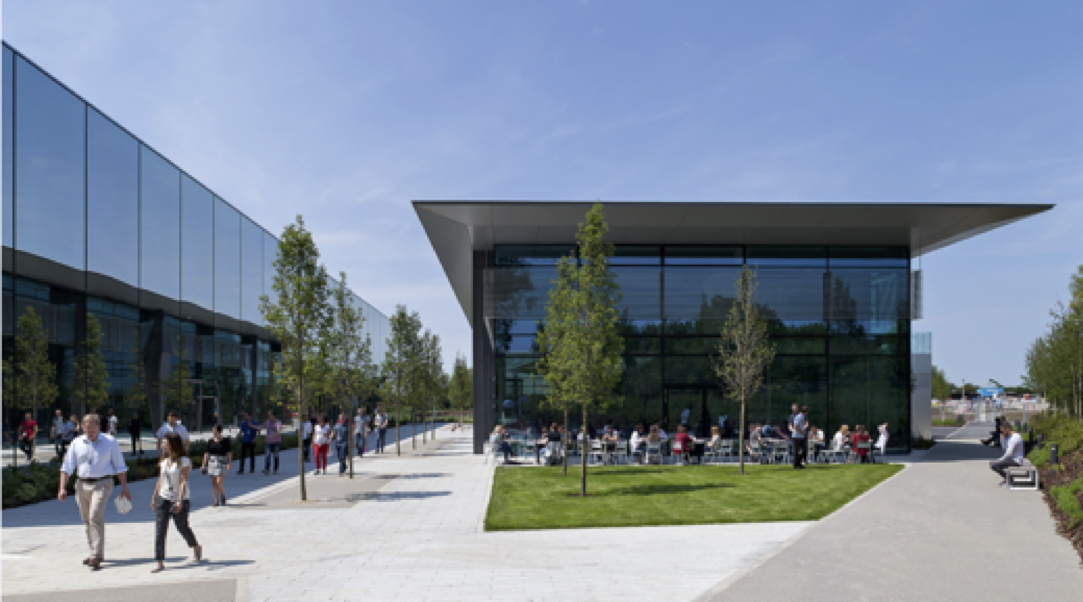New Dyson technology campus will create "world class products and jobs"
Dyson hopes to create more high-skilled jobs and advance its R&D activities with the construction of a second technology campus in the Cotswolds.


Located close to the company’s headquarters in Malmesbury, the new facility will represent a tenfold increase in Dyson’s UK footprint.
Company founder James Dyson said, “After 25 years of UK growth, and continuing expansion globally, we are fast outgrowing our Malmesbury Campus. The 517-acre Hullavington Campus is an investment for our future. It will enable us to continue creating world class products and jobs right here in the Cotswolds”.
The company – best known for its domestic appliances - has committed £2.5bn to future technologies and spends £7m a week on R&D activities. The new campus, to be built on the site of a former RAF base, is expected to become a global hub for future research and development efforts at Dyson, which is the UK’s largest investor in robotics. The company is also realising plans to develop solid-state battery cells, vision systems, machine learning, and AI.
Register now to continue reading
Thanks for visiting The Engineer. You’ve now reached your monthly limit of news stories. Register for free to unlock unlimited access to all of our news coverage, as well as premium content including opinion, in-depth features and special reports.
Benefits of registering
-
In-depth insights and coverage of key emerging trends
-
Unrestricted access to special reports throughout the year
-
Daily technology news delivered straight to your inbox







Water Sector Talent Exodus Could Cripple The Sector
Maybe if things are essential for the running of a country and we want to pay a fair price we should be running these utilities on a not for profit...